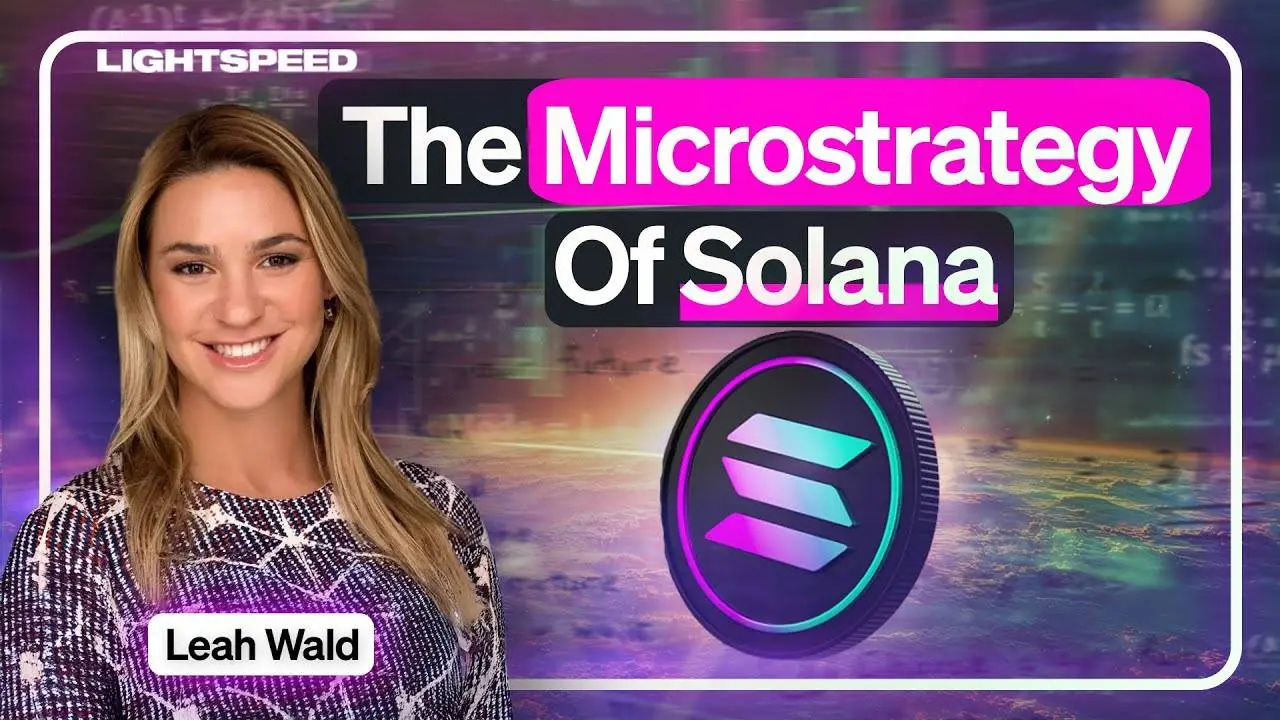A $1.3 billion bet on Bitcoin, can GameStop's transformation gamble win?
Author: Fairy, ChainCatcher
Editor: TB, ChainCatcher
Yesterday, GameStop officially announced that it will incorporate Bitcoin into its corporate reserve assets, becoming the latest publicly traded company to venture into cryptocurrency. This veteran game retailer is trying to emulate the successful experience of Strategy, seeking breakthroughs amid sluggish growth in its traditional business.
From "King of Retail Investors" to "Crypto Believer," can GameStop's transformation bring new life?
GameStop's Transformation Dilemma
In Q4 2024, although GameStop's net income increased, its net sales decreased by $511 million year-on-year, and it closed 590 stores in the U.S. within a year. Wedbush analyst Michael Pachter once rated GameStop as "underperforming the market," setting a target price of $10 and holding a pessimistic view on its prospects.
The core issue for GameStop lies in the gradual obsolescence of its core business. As a traditional retailer relying on physical stores to sell game hardware, software, and peripherals, it has been ruthlessly marginalized by the rise of digital game downloads and e-commerce platforms. Faced with declining sales and shrinking stores, GameStop has had no choice but to embark on a radical and uncertain transformation path.
In recent years, GameStop has continuously attempted to reshape itself: from promoting e-commerce, adjusting investment strategies, to entering the NFT space by launching an NFT marketplace and digital asset wallet. Pachter bluntly stated, "GameStop's strategy has been adjusted about six times in the past three years," as the company has been searching for new directions for survival.
Now, GameStop has placed its bets on Bitcoin, attempting to carve out a new growth path. This new gamble may determine its ultimate fate.

Imitating Strategy, $1.3 Billion Bet on Bitcoin
GameStop is drawing on Strategy's classic strategy—financing the purchase of Bitcoin through the issuance of convertible bonds.
The company plans to privately issue a total of $1.3 billion in 0.00% convertible senior notes, which will mature in 2030. To further attract investors, GameStop has also granted initial purchasers a 13-day option to purchase up to an additional $200 million in notes.
These notes are classified as GameStop's general unsecured debt, will not accrue periodic interest, and the principal will not accumulate. Investors can choose to convert the notes into cash, GameStop Class A common stock, or a combination of both before maturity, with the specific conversion form determined by GameStop.
In related documents, GameStop explicitly stated that its investment policy allows for investments in certain cryptocurrency assets, including Bitcoin and U.S. dollar stablecoins. Furthermore, GameStop revealed that it may invest some of its cash, debt, or equity financing proceeds into Bitcoin in the future, without setting a limit on Bitcoin holdings, and may also sell its held Bitcoin.
As of February 1, GameStop's cash reserves stood at $4.77 billion, indicating that the company has sufficient financial space to make this strategic investment. This "Meme Stock + Cryptocurrency" crossover experiment is beginning to unfold.

Positive for the Crypto Market, but Not Necessarily for GameStop?
After the announcement, GameStop's stock price rose by 11.65% during trading hours, but fell by 7.40% in after-hours trading compared to the closing price. While this move has injected new vitality into the crypto market, investors have mixed feelings about the prospects of GameStop's transformation.
Since Strategy began purchasing Bitcoin in 2020, its stock price has increased 23 times. However, whether this success can be replicated by GameStop remains uncertain.
Wedbush analyst Michael Pachter stated, "The issue is that Strategy's current trading price is about twice the value of its Bitcoin holdings. If GameStop were to use its $4.6 billion in cash to buy Bitcoin entirely and trade at twice the valuation of its Bitcoin holdings, its stock price might actually drop by $5."
Market observers have been more blunt in their criticism:
Community member @KabraxFX stated, "This means GME cannot find an effective way to utilize its massive cash reserves to develop its business. In my view, this is negative."
Investor @MonkEchevarria commented, "GameStop's move is indeed interesting, but Bitcoin cannot compensate for its weak fundamentals. While exceeding earnings expectations is nice, it does not change the reality of its sluggish growth and weak cash flow. Price does not equal value, and speculation does not equal strategy. From a perspective of more than three years, this seems more like a desperate pivot rather than a genuine transformation."
Some even joked that GameStop is now a hedge fund.

GameStop's story continues to unfold amid disruption and controversy. Bitcoin may add a splash of color to GameStop's balance sheet, but it may not necessarily resolve its business dilemmas.
In this ever-changing narrative, the only certainty is the uncertainty itself.










